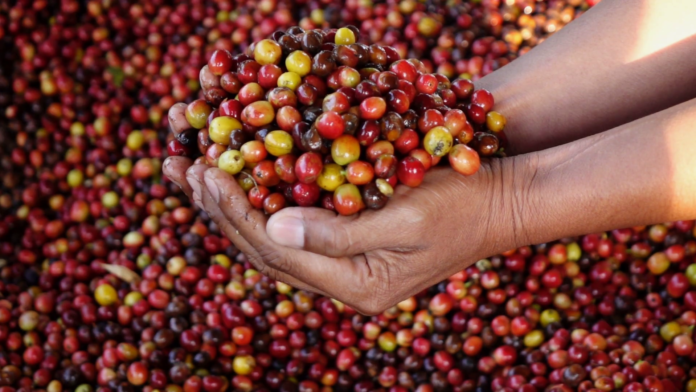By Mary Mwendwa
Post-harvest losses have contributed to poor food security in Africa, a high delegation meeting has revealed.
During a two day forum, experts drawn from various sectors with different African countries represented deliberated on how post-harvest losses could be tacked to help restore the already fragile food situation in Africa.
It became clear that The 2014 AU Malabo Declaration commits AU member states to reduce the current levels of post-harvest losses by 50%, thereby contributing to the goal to end hunger in Africa by 2025.
The meeting, which was organized by the African Union Commission (AU), in collaboration with the Food and Agriculture Organization (FAO) and Rockefeller Foundation, engaged in a two-day High-level meeting with key stakeholders to develop policies and strategies for country-specific plans to reduce post-harvest losses, in response to the 2014 Malabo Declaration on Africa Accelerated Agricultural Growth and Transformation.
Dr. Janet Edeme, African Union Commission, Head of Rural Economy Division said that post-harvest losses has a tremendous impact on the totality of food and nutrition security on the continent stating that studies show that currently, a third of all food produced for human consumption is lost or wasted from the farm to the consumers.
“Apart from reducing the total amount and quality of food available, post-harvest also exacerbates the already fragile poverty-ridden rural economies by eroding income generation along the food value chain and therefore affects the accessibility as well as sustainability of food and nutrition security,” she said.
Piers Simukin, Senior programs coordinator at FAO confirmed that FAO was working on a program geared towards sensitizing farmers on the need for careful drying of grains so that it gets to the markets at its best condition.
“We have developed this program to help the farmers get to understand the benefits of good storage that will allow them to avoid post-harvest losses.”
Dr.Jane Ambuko from the University of Nairobi notes with a lot of concern how post-harvest losses have brought devastation to many smallholder farmers in Africa.
“It is very clear that many farmers toil through hard work to get produce and after harvesting, they fail to get mechanisms in place to help them deal with post-harvest losses. Some of these losses are experienced even in markets where poor transportation and storage of produce contribute to the same.”
Dr.Ambuko agrees to the fact that there needs to deliberate efforts to form partnerships to help deal with the problem.
It is expected that the outcomes of the forum will contribute to a stronger coordination of food loss reduction initiatives and improved alignment to the Malabo Declaration Implementation Roadmap while improving the capacity of African Union Member States in the design and implementation of food loss reduction policies, strategies, and related investments. Specific country case studies where the AUC and FAO have collaborated with governments to tackle post-harvest losses includes Kenya, Tanzania, Zambia, and Zimbabwe.
Kenya’s Principal Secretary in Ministry of Agriculture, Livestock and Fisheries Mr. Richard Lesiyampe, while opening the meeting said that the Kenyan Government was committed to reducing post-harvest losses to 5% from the current 30%.
He said the Kenyan Government was committed to learning and sharing experiences on the best policies and practices necessary to tackle post-harvest losses.
For example, Kenya estimates that 20% of cereals are lost even before reaching the market. That’s a high figure, particularly since it doesn’t include food waste. Food waste refers to good quality food that is fit for human consumption but that does not get consumed because it’s discarded, either before or after it spoils.
similarly, In Sub-Saharan Africa, as much as 50% of fruits and vegetables, 40% of roots and tubers and 20% of cereals, legumes and pulses are lost before they even hit the market. In recent years problems with food safety have also contributed to post-harvest losses.















